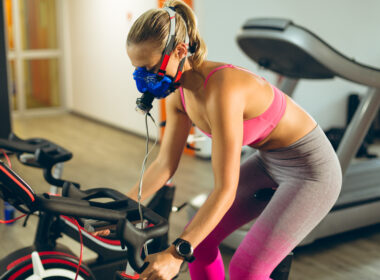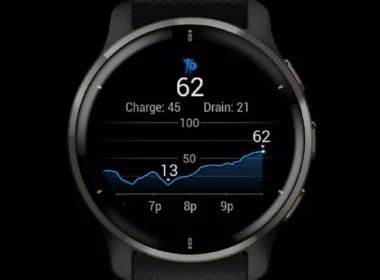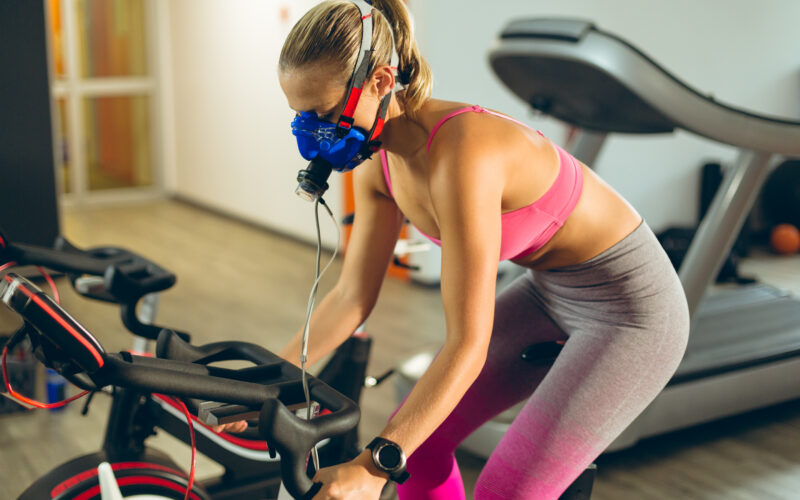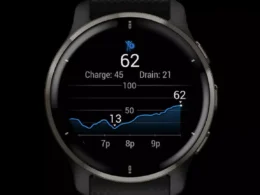If you’re an athlete, fitness enthusiast, or deeply invested in your health, you’ve likely come across the term VO2 Max. Revered by figures like Peter Attia and embraced by the fitness community, VO2 Max is more than just a buzzword—it’s a critical marker of your cardiovascular strength and endurance capabilities. Whether you want to set new personal records or optimize your health for longevity, understanding and improving your VO2 Max can be a game-changer.
Introduction – Historical Context
2023 markrd the centennial anniversary of the concept of VO2 Max, initially described by A.V. Hill and Hartley Lupton. This milestone not only celebrates a century of sports science evolution but also underscores the ongoing relevance of VO2 Max in assessing physical fitness and endurance.
What is VO2 Max?
In simple terms, VO2 Max represents the maximum volume of oxygen your body can utilize during intense exercise. This measurement is often considered the gold standard for assessing an individual’s aerobic fitness. The higher your VO2 Max, the more oxygen your body can use—and, by extension, the greater your capacity for high-intensity endurance activities.
Origins of VO2 Max: The concept originated from experiments that measured oxygen consumption in athletes as they intensified their physical activity, eventually reaching a plateau despite increased effort. This plateau, now known as VO2 Max, highlights the maximum oxygen uptake your body can reach during intense exercise.
VO2 Max as a Health and Fitness Marker
Why does VO2 Max matter? Studies endorsed by experts like Peter Attia have shown that individuals with higher VO2 Max levels are at a lower risk for chronic diseases, possess a higher level of physical fitness, and generally exhibit a greater lifespan. It’s a metric that doesn’t just cater to elite athletes but offers insights into the cardiovascular health of the average person, showcasing the profound impact of aerobic fitness on overall well-being.
VO2 Max and Longevity: Celebrating its 100th anniversary, VO2 Max continues to be a significant marker not just for athletic performance but for predicting longevity. Higher VO2 Max levels are strongly linked with increased life expectancy, affirming its role as a vital component of overall health assessments.
How to Measure VO2 Max
 Measuring VO2 Max typically involves a controlled lab test where you’ll perform a progressively challenging workout on a treadmill or bike while wearing a breathing mask. However, with advancements in wearable technology, fitness enthusiasts now have access to estimations of their VO2 Max through smartwatches and fitness trackers, offering a convenient, although less precise, way to track improvements.
Measuring VO2 Max typically involves a controlled lab test where you’ll perform a progressively challenging workout on a treadmill or bike while wearing a breathing mask. However, with advancements in wearable technology, fitness enthusiasts now have access to estimations of their VO2 Max through smartwatches and fitness trackers, offering a convenient, although less precise, way to track improvements.
Evolution of Testing Methods: The method to test VO2 Max has evolved from simple setups in the early 20th century to sophisticated lab tests that measure oxygen and carbon dioxide levels during incrementally challenging exercise routines, reflecting a century of scientific advancement.
Ways to Improve Your VO2 Max
Improving your VO2 Max means enhancing your body’s ability to transport and use oxygen during exercise. Here’s how you can elevate your levels:
 1. Exercise at High Intensity
1. Exercise at High Intensity
Work at high intensity to train your VO2 max most efficiently. Target about 90 to 95 percent of your maximum heart rate during workouts, which strengthens your heart muscles and increases the volume of blood they can pump.
2. Train in Intervals
Interval training, which involves alternating short periods of high-intensity activity with rest periods, has been found to produce slightly better VO2 max improvements than continuous aerobic exercise.
3. Combine Interval and Continuous Training
Incorporating both methods in your workout regime can be more effective. An intense program could include six weekly workouts with a mix of intervals and continuous running or cycling, pushing your aerobic capacity to new heights.
4. Keep Challenging Yourself
As your training progresses, increase your workouts’ frequency, duration, or intensity to continue seeing improvements in your VO2 Max.
 5. Functional Threshold Power (FTP) for Cyclists
5. Functional Threshold Power (FTP) for Cyclists
For cyclists, determining your FTP, which is the highest power you can sustain for an hour, can be particularly helpful in setting the proper intensity levels for VO2 max improvements.
Sample Workouts
Here are two sample workouts to help improve your VO2 Max:
Running Workout:
– Start with a warm-up consisting of easy jogging and dynamic mobility.
– Run as far as you can in four minutes and record the distance.
– Rest for four minutes, then repeat the distance 15% slower for four more reps.
Cycling Workout:
– Begin with 15 minutes of easy cycling.
– Ride at a harder pace for 15 minutes, keeping it conversational.
– Perform five 3-to-5-minute intervals at 90 to 95% of your max heart rate.
– Cool down with 10 minutes of easy cycling.
Conclusion – Reflective Thought
As we reflect on a hundred years of VO2 Max, it’s clear that while the measurement techniques and understanding have evolved, the importance of VO2 Max in assessing fitness and health remains as relevant today as it was in 1923. It’s more than a number; it’s a comprehensive reflection of your endurance capabilities and potential longevity.
Whether you’re just starting your fitness journey or looking to push your limits, consider VO2 Max testing and training integral to your regimen. If you’re seeking a tailored program or further insights, drop me a note, and I will set you on the path to success.










